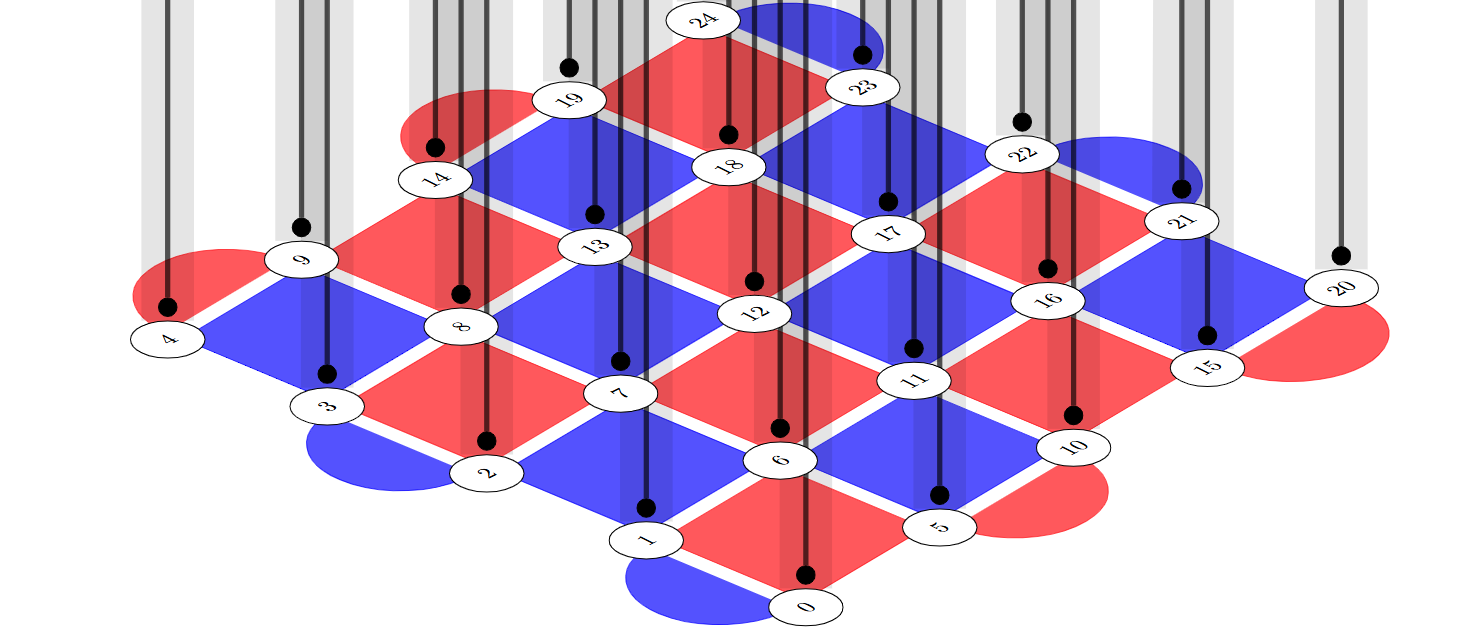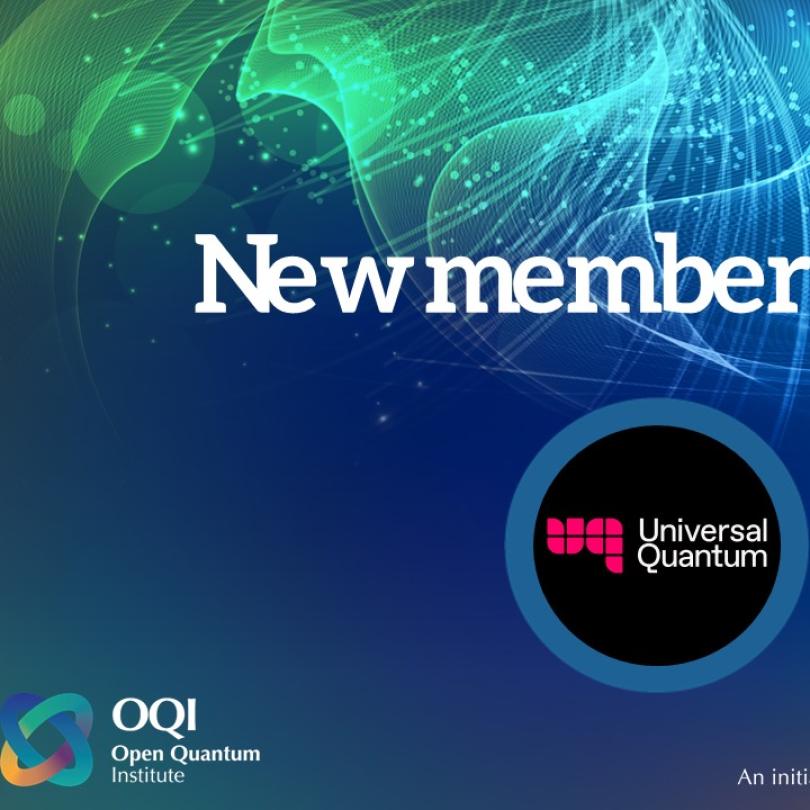Universal Quantum, a leading innovator in scalable quantum computing, announces a significant advancement in the potential for fault-tolerant quantum computation and bridging performance gaps across various quantum platforms through the research work of Kwok Ho Wan (Quantum Error Correction Scientist at Universal Quantum), Mark Webber (Quantum Architecture Lead at Universal Quantum), and Winfried K. Hensinger (Chief Scientist at Universal Quantum and Head of Ion Quantum Technology Group at the University of Sussex) ; in collaboration with Austin G. Fowler (Staff Research Scientist at Google).
This research was propelled by Universal Quantum's vision to leverage the unique properties of trapped-ions, and enable them to be shuttled over long distances for two-qubit operations with minimal fidelity loss – contributing to refined connectivity and therefore facilitating scaling.
Key highlights of the research:
- Transversal logical CNOT gates: A key development is the transversal CNOT gate, which consists of physical CNOT operations between distant physical qubits to give rise to a CNOT operation between two logical qubits. However, these operations lead to correlated errors that if left untreated would drastically reduce performance. The team has developed a highly resource efficient way to correct for such errors by creating a decoder that can track and correct the errors under realistic noise conditions. This advancement in decoding is crucial for making quantum error correction work when using transversal CNOT gates.
- Multi-pass iterative decoder: This academic collaboration between scientists from Universal Quantum, the University of Sussex and Google led to the development of an innovative decoder that addresses correlated errors effectively , enabling trapped-ion quantum computers to benefit from the execution of transversal CNOT gates. This decoder is a game-changer as it minimises QEC rounds and therefore improves overall performance.
- Performance comparison: lattice surgery vs. transversal CNOT: The findings show that the transversal CNOT reduces the time complexity of QEC rounds to O(1), which improves on the nearest neighbour approach of lattice surgery by a large factor (the code distance of the code), significantly enhancing computational efficiency.
Practical implications and future research:
- Efficiency and resource optimisation: By lowering the time complexity of such a critical operation, transversal CNOT operations enable slower yet more connected systems like trapped ions to achieve efficiency comparable to faster locally connected systems. This is pivotal for realising quantum advantage applications in the fault-tolerant regime.
- Hardware-specific error models: Further detailed analysis of different hardware error models is planned to fully understand their impact on transversal CNOT performance, allowing for more tailored and effective resource estimation processes.
Research conclusion:
The team’s research demonstrates that a multi-pass iterative decoder can decode transversal CNOT operations within O(1) code cycles, paving the way for efficient use of quantum hardware with long-range connectivity.
The minimisation of the number of QEC rounds required marks a significant step towards speeding up quantum computation and as such enables practical and scalable fault-tolerant quantum computing – which is in perfect alignment with Universal Quantum scaling ambition towards the one million qubit mark and beyond.
Implications for the future of quantum computing:
High-fidelity long-range qubit connectivity, coupled with specialized decoding techniques, can vastly improve efficiency and performance. Universal Quantum’s advancements promise to bridge the performance gaps across various quantum computing platforms, pushing the boundaries of what is possible in this rapidly evolving field.
Our Mission
Solve scale. Change World.
Quantum computers have the potential to overcome some of humanity’s greatest challenges. To realise this potential, we need to build machines that scale. This is what we do at Universal Quantum.
We are a team of passionate engineers, scientists, and operational staff, driven by a shared mission: to build the technology that will transform our world. We are building utility-scale quantum computers based on a robust, modular, and practical blueprint, in partnership with leading organizations and investors in the field.
Access the archived research paper here. And for more information on this press release, please contact: [email protected]




